Echeveria Raindrops Tissue Culture
$7.74
Echeveria Raindrops plant is a trailing plant that grows in the rain forests of Central and South America. It has flowers that are long and pendulous. These flowers are used to attract butterflies and birds to the garden or to catch the attention of people passing by.
The Echeveria Raindrops Plant comes in a lovely purple blooming plant that is easy to grow in any type of climate. They will grow just about everywhere, so they are great for hanging pots, window boxes, or pots on the ground. Most people use them in their homes because they will grow fast. Many times you can be able to pick off the leaves and grow them into a salad.
Out of stock
Uses Of Echeveria Raindrops Plant
- The Echeveria Raindrops plant has many uses. They have been used by indigenous people for quite some time as medicine and aphrodisiacs. This plant has also been used by early settlers as a cure for all sicknesses. Even into the 20th century, it was used in all kinds of ways including a tea that was drunk to increase alertness.
- Echeveria Raindrops plant is a shrub from the family of Passiflora, Pterocarpus, and Aristida. The plant is known for its exotic flowers that bloom during late summer and early fall. These flowers are covered with a sweet-smelling resin that is said to have healing and sedative effects on people. The leaves are edible and the fruit itself makes an attractive centerpiece.
- As a tea of the Echeveria Raindrops plant is often brewed and served as a beverage offering detoxification of the liver and kidney. It is also mixed with other ingredients for the making of herbal teas that act as both stimulants and diuretics.
- Echeveria Raindrops plant is also used in the treatment of diarrhea, burns, cuts, and insect bites. The leaves are boiled in water and thick cream is made from the mixture that can be applied to the affected area for pain and itchiness.
- The root of this Echeveria Raindrops plant can be mashed and used as a laxative in cases of constipation. There are many reports of its effects being so effective that in some parts of the globe they replace charcoal in place of toothpicks to draw water from wells. In other parts of the world, the plant is added to milk and consumed as a treatment for morning sickness.
Benefits Of Echeveria Raindrops Plant
- If you are thinking of starting your own business then the benefits of the Echeveria Raindrops plant are perfect for you. It is one of the best and highly recommended herbal plants. It is popular in Asia and Africa and has many uses including as an insecticide, an anti-fungal, and an antibacterial as well. What makes it so amazing is that it is also known as “Fancy Flag Gum” or “Horny Pine Bark”.
- There are many benefits to eating this particular herb. One benefit is that it will help regulate blood sugar. As you might imagine from its name, it helps prevent diabetes. Another great benefit is that it is a powerful healer. You will feel rejuvenated and healthy after using it regularly.
- However, does it have any benefits to the teeth? It does not contain any artificial colors or flavors and is purely natural. Echeveria Raindrops plant contains essential oils that work to strengthen and improve our immune system. This is why it is such a popular choice for detoxing and strengthening the body.
- The benefits of the Echeveria Raindrops plant are not limited to oral health. It is an excellent choice for diabetics who find it difficult to control their blood sugar levels. The essential oil helps to prevent a diuretic effect on the feet and legs. As well as treating diabetes, Echeveria Raindrops plant is also effective in treating hypertension, asthma, eczema, irritable bowel syndrome.
- Apart from having antiseptic and antibacterial properties, this Echeveria Raindrops plant also contains vitamins A, C, K, and E. It is also said to contain trace minerals such as uranium, titanium, iron, and phosphorus. The properties in the raindrops can also be useful for treating skin disorders such as eczema and scurvy. Other uses include treating athlete’s foot, rashes, wounds, burns, boils, abscesses, poison ivy, chickenpox, shingles, and other viral skin infections. There are also other medical uses.
Properties Of Echeveria Raindrops Plant
- The bitter taste of the leaves of the Echeveria Raindrops plant is called “mocha,” while the bitter taste of the juice is known as “Bahasa.” It is used as an insect repellent, an expectorant, and a stimulant. It is also used to stop excessive sweating and is excellent for bladder control.
- Echeveria Raindrops plant has been widely used in the United States to treat conditions such as bronchial problems, inflammation of the liver, asthma, colitis, coughs, diarrhea, dropsy, insomnia, piles, rheumatism, tension headaches, and throat infections. It is said to be effective for treating tuberculosis and heart conditions. Some people who use this plant claim that it helps cure cancer and prevents birth defects.
Be the first to review “Echeveria Raindrops Tissue Culture” Cancel reply
Related products
Tissue culture
Tissue culture
Tissue culture
Tissue culture
Tissue culture
Tissue culture
Tissue culture
Tissue culture

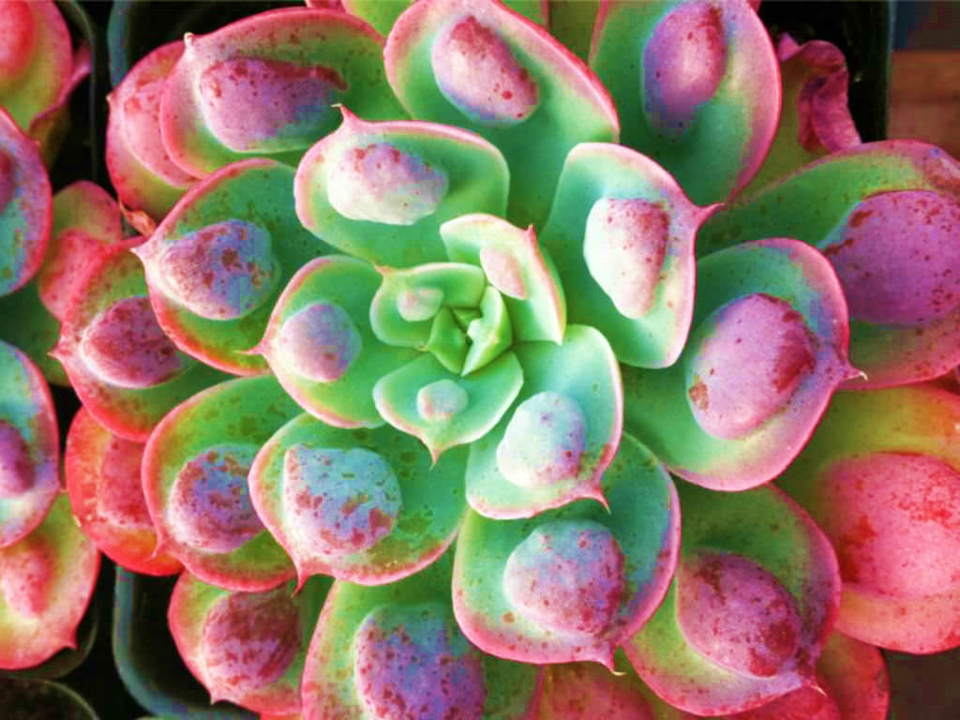


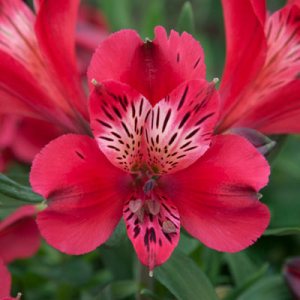
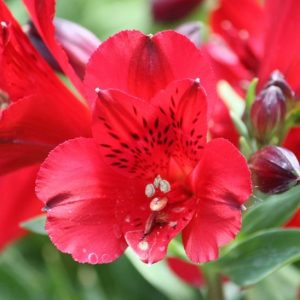
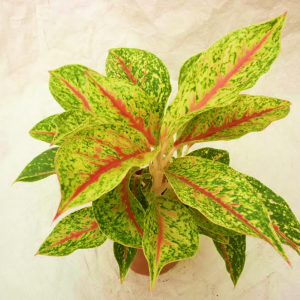
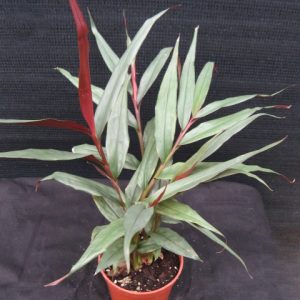
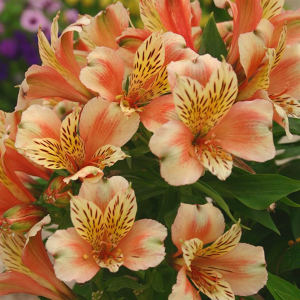
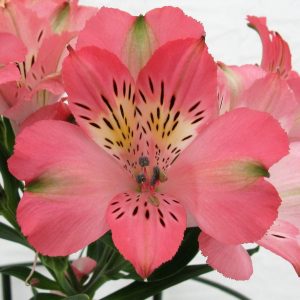
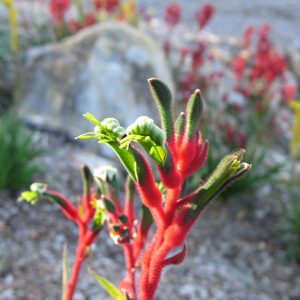
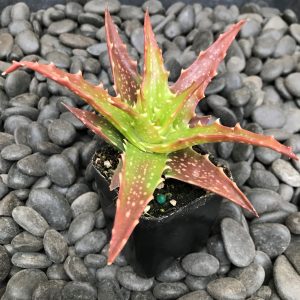
Reviews
There are no reviews yet.